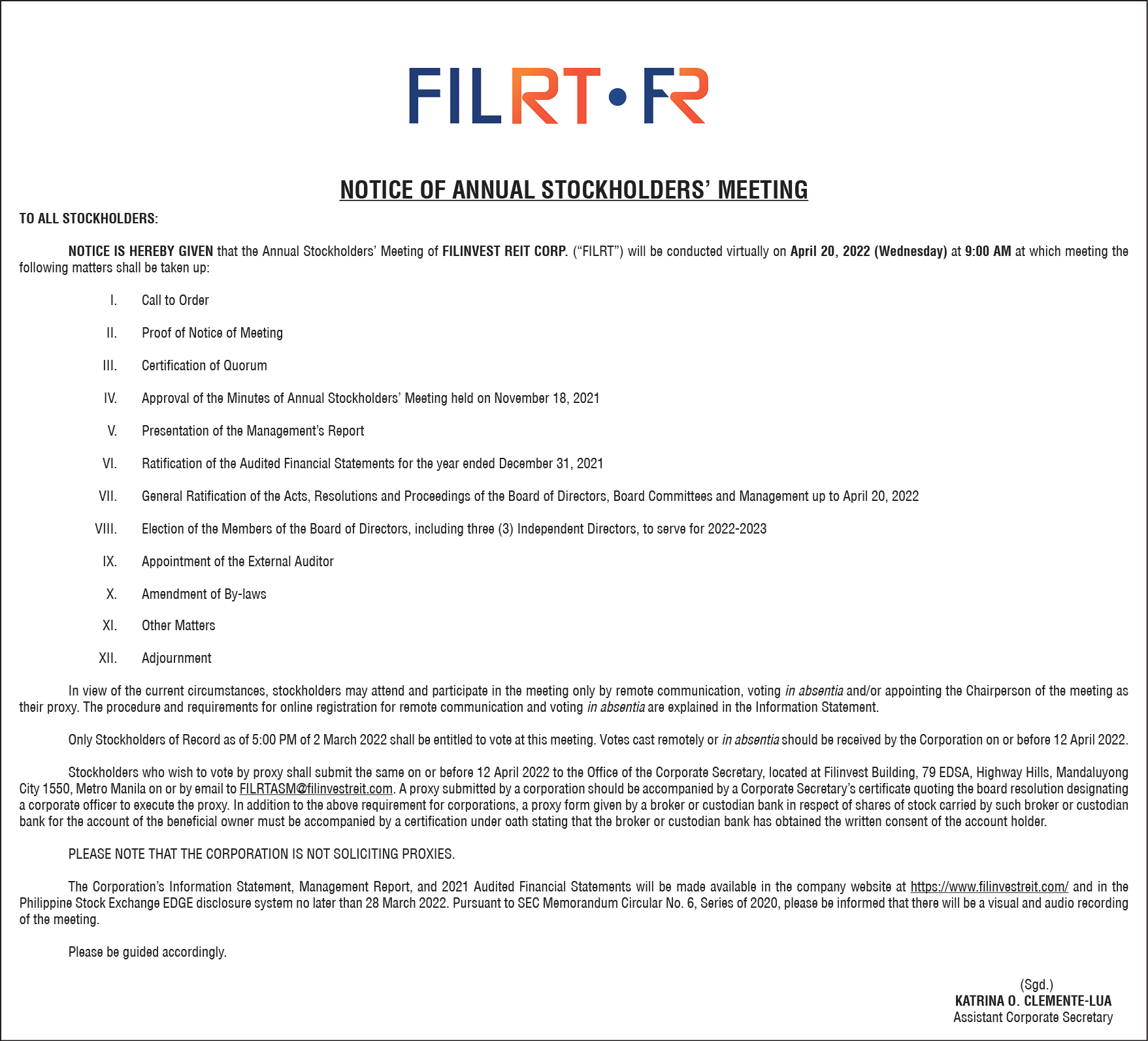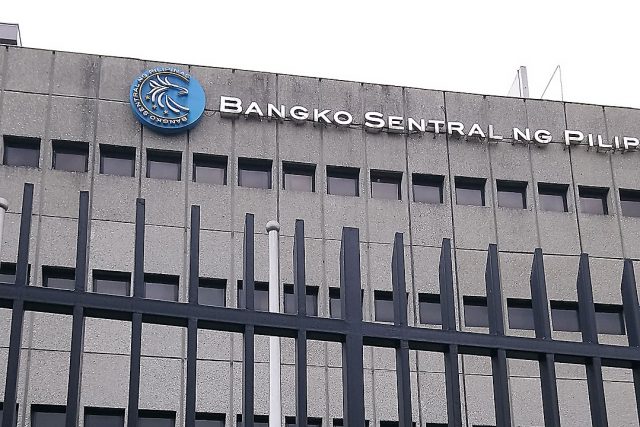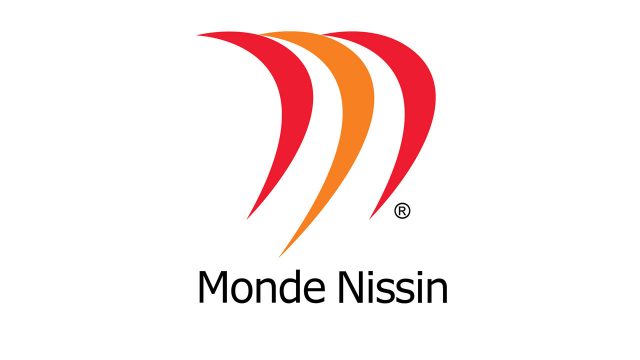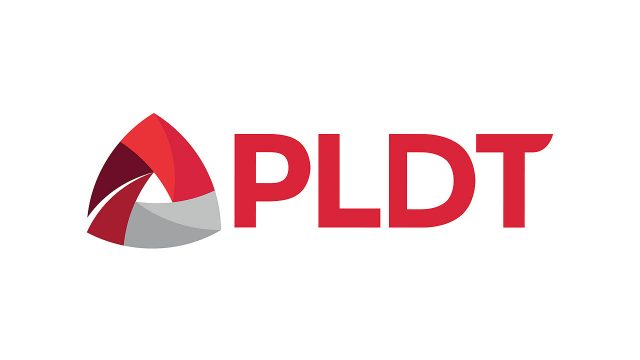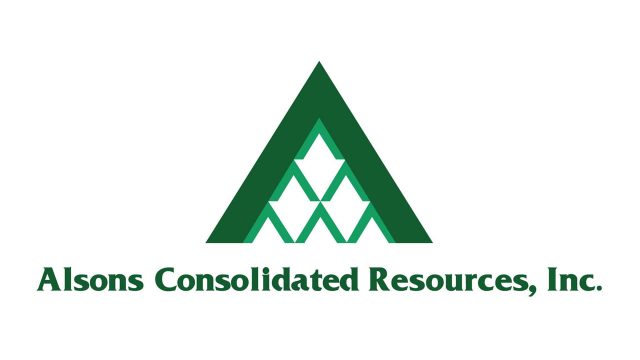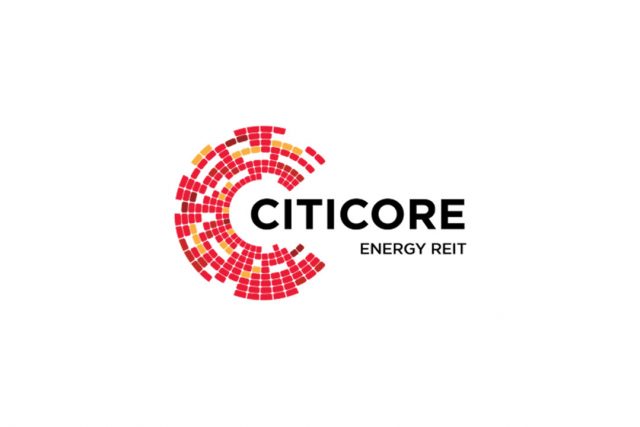Dell Technologies provides enterprise cybersecurity and recovery solutions
Leveling up data protection is integral to organizations in achieving business growth. In this new normal, digitalization means business continuity. Need to support hybrid workforces? Go digital. Need to secure critical data and ensure accessibility, anytime, at the same time? Go to the cloud. As digitalization becomes more widespread and necessary than ever, cyber threats become just as, or even more, widespread and sophisticated.
Dell Technologies and Integrated Computer Systems, Inc. (ICS), a leading IT solutions provider in the country and a Dell Technologies Titanium Partner, offer cybersecurity and recovery solutions and services to organizations. The Managed Detection and Response, PowerProtect DD Series and APEX Backup Services deliver superior cyberthreat detection power at the onset.
Managed Detection and Response
IT teams can find support in strengthening their organization’s security through Dell Technologies Managed Detection and Response (MDR), a fully managed, end-to-end, 24×7 service that observes, detects, investigates, and responds to threats across the IT environment. The Managed Detection and Response merges Dell’s security expertise and the Secureworks Taegis XDR security analytics software.
Dell Technologies and ICS’ security analysts assist organizations in the initial setup, monitoring, detection, remediation, and response. They work with the IT team to get an understanding of the environment, as well as give advice on security posture improvements and help deploy the XDR software agent to endpoints.
MDR leverages on the attacker data collected by Secureworks from over 1,400 incident response engagements in the previous year for threat detection and investigation. In the event of a security incident, Dell Technologies assures to help organizations get back and running.
Ultimate protection storage appliance
For cost-effective yet superior data protection, Dell Technologies brings the next generation of its EMC Data Domain appliances — the Dell EMC PowerProtect DD Series.
The DD Series helps organizations in data security, management, and recovery at scale. Powering the DD series is the DD Operating System (DDOS). This gives it the agility, security, and reliability to deliver high-speed, scalable, and industry-leading multi-cloud protection storage for backup, archive, and disaster recovery.
With the DD Series, organizations can enjoy fast, secure, and efficient data protection. This solution can now scale up to 1.5PB capacity in a single rack and provide up to 3PB capacity for long-term retention with the Dell EMC Cloud Tier. It can also integrate seamlessly with existing infrastructures, enabling ease-of-use with leading backup and archiving applications, and deliver superior performance with PowerProtect Data Manager and Data Protection Suite.
DD series supports an extensive cloud ecosystem, including AWS, Azure, VMware Cloud, Google Cloud, Alibaba Cloud, and Dell EMC ECS.
SaaS-based APEX Backup Service
Dell Technologies also has a 100% Software-as-a-Service (SaaS) data protection solution in APEX Backup Services. Built on AWS, it offers high-performance and secure backup, long-term retention, and automated compliance.
For SaaS apps, the APEX Backup Services delivers unified data protection, management, and information governance, including automated compliance and legal hold. Through a single dashboard, it provides complete visibility across Microsoft 365, Google Workspace, and Salesforce.
The APEX Backup Services for Endpoint ensures the protection of one’s devices, whether in the office or on the road. Through a centralized cloud portal, IT admins can remotely supervise the cloud backup and restore operations. Self-service restores are also possible via a web interface and from mobile apps, including iOS and Android. Desktop/laptop support covers Windows, Linux, and CentOS.
Meanwhile, the APEX Backup Services for Hybrid Workloads offers advanced functionality, including long-term retention, reporting, and insight into cloud storage utilization.
With Dell Technologies security solutions, organizations can rest assured that their critical assets are protected 24/7. As a trusted Dell Technologies partner, ICS can help you get a headstart in adopting these solutions and services to reinforce your company’s data security. Interested parties can contact ICS at info@ics.com.ph or visit ics.com.ph to inquire.
Spotlight is BusinessWorld’s sponsored section that allows advertisers to amplify their brand and connect with BusinessWorld’s audience by enabling them to publish their stories directly on the BusinessWorld Web site. For more information, send an email to online@bworldonline.com.
Join us on Viber to get more updates from BusinessWorld: https://bit.ly/3hv6bLA.



